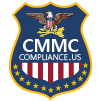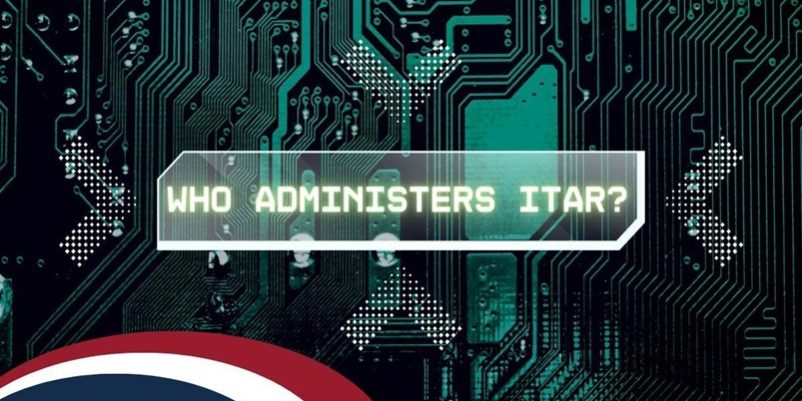When it comes to compliance, knowledge is power, and ITAR is no exception. For example, knowing who administers ITAR can help you better understand how this important compliance regime works. With that in mind, today we delve into the world of ITAR to understand who administers it and why it is essential.
What is ITAR?
ITAR, short for the International Traffic in Arms Regulations, is a set of regulations implemented by the United States government to control the export and import of defense-related articles, services, and technical data.
Items subject to ITAR are listed in the U.S. Munitions List (USML), an evolving inventory of articles and services designated as defense-related by the U.S. government. The USML is part 121 of ITAR and can be read by clicking on this link.
The primary objective of ITAR is to safeguard U.S. national security interests by controlling the access of foreign entities and individuals to sensitive defense technologies.

Here is a reading list of previous posts to help you make sense of some of the most important aspects of ITAR:
Administration of ITAR
The United States controls the import and export of defense articles and services through the Arms Export Control Act, which in turn is implemented by ITAR.
The Directorate of Defense Trade Controls (DDTC), a division within the Department of State, administers ITAR by overseeing its regulation and enforcement.
This means that DDTC is responsible for issuing licenses for the export and temporary import of defense articles and services. However, other agencies also play an important role in the implementation of ITAR.
As you might expect, the Department of Defense (DoD) is also crucial to ITAR administration. Through the Defense Technology Security Administration (DTSA), DoD provides input and expertise regarding the technical aspects of defense items, contributing to the decision-making process regarding export licenses.
For example, when an ITAR case is sent to the State Department, chances are good that it will be sent out to DoD.
Another important agency involved in ITAR is the U.S. Customs and Border Protection (CBP). CBP is responsible for enforcing ITAR regulations at U.S. borders and ports of entry. They inspect shipments to ensure compliance with export controls, including ITAR.
Finally, the Defense Security Cooperation Agency (DSCA) coordinates foreign military sales and assists with security cooperation efforts. It ensures that defense articles and services sold to foreign governments align with U.S. national security interests.
Why ITAR Matters
ITAR compliance is crucial for several reasons:
- Avoid fines and penalties. If you are part of the Defense Industrial Base (DIB), ITAR compliance is crucial. Some of the potential consequences following an ITAR violation include substantial fines, imprisonment, or both.
- National Security. By controlling the export of defense-related technologies, ITAR helps protect national security interests and prevents sensitive information from falling into the wrong hands.
- Technological Advantage. ITAR helps maintain the United States’ technological advantage by restricting access to defense technologies and services.
- International Relations. ITAR impacts international relations by governing defense trade between the United States and other nations.
Wrapping It Up
In a world where advanced technologies are at the heart of global security concerns, the administration of ITAR by the Directorate of Defense Trade Controls (DDTC) is crucial.
ITAR safeguards defense information and technologies, helping to maintain national security and preserving the United States’ technological advantage.
In addition to the above, a thorough understanding of the roles of the Department of State, Department of Defense, Department of Commerce, Customs and Border Protection, and the Defense Security Cooperation Agency in ITAR administration is essential for those in the defense sector.
Need To Achieve CMMC Compliance? We Are Here To Help
Whether it’s CMMC, NIST SP 800-171, DFARS, or ITAR, we help organizations achieve compliance with all applicable cybersecurity regulations at any level so that they can win and maintain Department of Defense (DoD) contracts.
Brea Networks, LLC is a fully Registered Provider Organization (RPO) and is a Microsoft partner with full Microsoft GCC High licensing and migration solutions.
Contact our CMMC Registered Practitioners today by clicking here.
Brea Networks, LLC / CMMCCompliance.us
451 W. Lambert Rd Suite 214
Brea, CA 92821
Tel: (714) 592-0063




